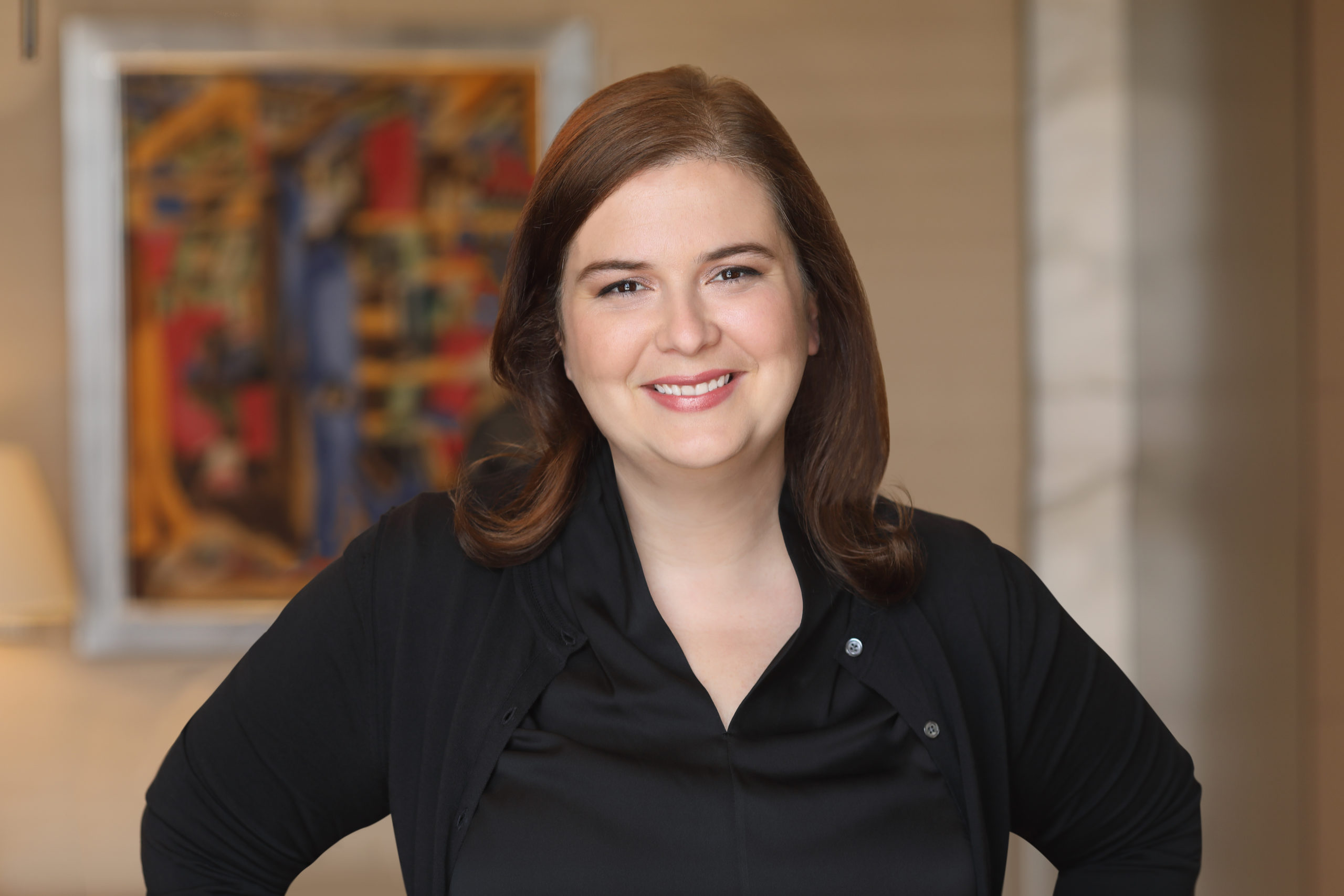With 200,000 employees around the globe, in nearly 100 countries, the workforce at Citi Bank is inherently diverse. And leadership appreciates the value of that reality.
“Our people reflect the remarkable range of backgrounds and perspectives of our clients and customers–this diversity is what enables our success,” says Sara Wechter, head of human resources.
In recent years, Citi moved forward with a number of strategies to deepen its commitment to diversity, equity and inclusion. Pay equity has been a particular focus, with regular and transparent reporting of raw pay gap data, as well as new and aggressive representation goals.
Supporting employees’ diverse needs outside of work has also been a focus.
At the beginning of 2020, it enhanced its leave policies to include a minimum of 16 weeks of paid maternity leave for birthing parents and four weeks of paid parental leave–regardless of gender and also applicable to adoption and surrogacy. Citi also recently increased its reimbursement program for adoption and surrogacy costs to $30,000. When the pandemic hit, the company expanded its subsidized backup childcare program, offered nanny placement services and helped employees access academic support for their kids.
Given rising rates of burnout and stress fueled by the pandemic, Citi has also made wellness a heightened priority, such as through its new sabbatical program–that enables employees with at least five years at the company to be eligible for 12 weeks of time off at 25% pay–“Zoom-free Fridays” and limits on working during non-work hours.
“We continue to send pulse surveys throughout the year,” Wechter adds, “to really understand how employees are feeling–what’s working well, what we can do better and any areas for opportunity moving forward.”
Wechter recently shared with HRE the impetus behind these programs, and how Citi envisions its future.
HRE: What were some of the considerations the HR team and partners looked at when developing the gender-neutral paid parental leave policy?

Wechter: We wanted to make sure our global paid parental leave policy applied to every kind of family and included a parental leave minimum everywhere we operate. It was important for us to break down societal norms and make sure that everyone–no matter their gender, race, sexual orientation or background–felt encouraged to take the necessary time off to be with their new child. At the same time, we felt it was important to destigmatize taking time off for men.
We’ve received a lot of positive feedback from employees that our enhanced policy made a huge difference to them, especially for those looking to adopt or have a child via surrogacy. Being able to help our employees feel seen and heard as they face challenges and then subsequently being able to support them during such a critical moment in their lives makes this all the more important to me. We’re thrilled to be able to offer paid leave, even in countries where this is not the cultural norm. For example, Citi is the first corporation in Korea to offer four weeks of parental leave, regardless of the number of children.
See also: Why women need a ‘culture of inclusion’ right now
HRE: What impact do you think the pandemic will have on the employer-employee relationship in the long-term?
Wechter: This pandemic has helped us all understand and relate to one another on a much deeper level. We’ve all been juggling the demands of work and home life, all while navigating the uncertainties of this health crisis, and as I’ve said before, we made the health, wellbeing and safety of our colleagues our top priority. Because of that, we built a lot of trust with our employees that we don’t want to lose, so we’ll continue to focus on building programs, resources and tools that can support our colleagues’ mental and physical wellbeing, as well as their professional development.
HRE: Once the pandemic subsides, what will be your top HR priority?
 Wechter: Throughout the pandemic, the health, safety and wellbeing of our colleagues and their families has been our priority, so we’ll continue to offer programs and resources that support our colleagues in balancing work and life.
Wechter: Throughout the pandemic, the health, safety and wellbeing of our colleagues and their families has been our priority, so we’ll continue to offer programs and resources that support our colleagues in balancing work and life.
I also look forward to our continued work to support DE&I through our representation goals and recruiting efforts. We have been accelerating the use of diverse slates in our recruiting, with a focus on having at least one woman or racial/ethnic minority in our interviews for U.S. hires and at least one woman in our interviews for global hires. Beginning in January 2020, we expanded the standard for a diverse slate of candidates from managing director and director-level hires to also include the assistant vice president, vice president and senior vice president levels. In 2020, 86% of roles that were posted globally within a qualified slate included a diverse slate of candidates with at least one woman and/or U.S. minority. In 2021, we expanded this standard to include not one, but at least two women or racial/ethnic minorities in our interviews for U.S. hires and at least two women in our interviews for global hires.
HRE: How has the HR role itself evolved since you started your HR career?
Wechter: I actually grew up outside of HR and have been lucky to have many roles at Citi with opportunities to be central to the decision-making process. Our colleagues and how we support them have always been at the core of everything we do, but I would say in recent years HR has become even more important and critical to the success of our business. When I was working as former CEO Mike Corbat’s chief of staff and later leading talent and diversity, we began to see an increased focus on HR topics like DE&I, talent development opportunities, unique employee benefits, etc., and as I began to entrench myself in the work on those topics, it became clear that this was an area of the business with increasing priority.
Now, there’s supporting data to back this up. Recent research revealed that employees are now considered to have an unprecedented material impact on a business. Employees are considered most important to a company’s long-term success–[more than] customers, communities [it] serves and even its shareholders. So, how well we do in providing the right tools and resources for our colleagues–including professional development, benefits, etc.–has direct impact on the bottom line.
Related: How much are employers investing in wellness programs?
HRE: If you hadn’t entered HR, where do you think your career would have taken you?
Wechter: That’s such a tough one, but I think I would probably be a doctor. My initial major in college was pre-med before I switched it, so perhaps if I had stayed the course I would be working at a hospital.
HRE: Outside of work, what are you passionate about?
Wechter: I love spending time with my family. I have twins who just started middle school. I can’t believe how fast time flies. One of the benefits of lockdown during the pandemic was that I was able to spend more quality time with them and be home to have dinner together every night for over a year. I also am very passionate about supporting my local community and sit on a few nonprofit boards.

